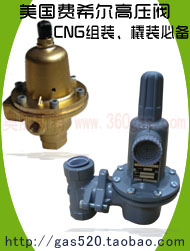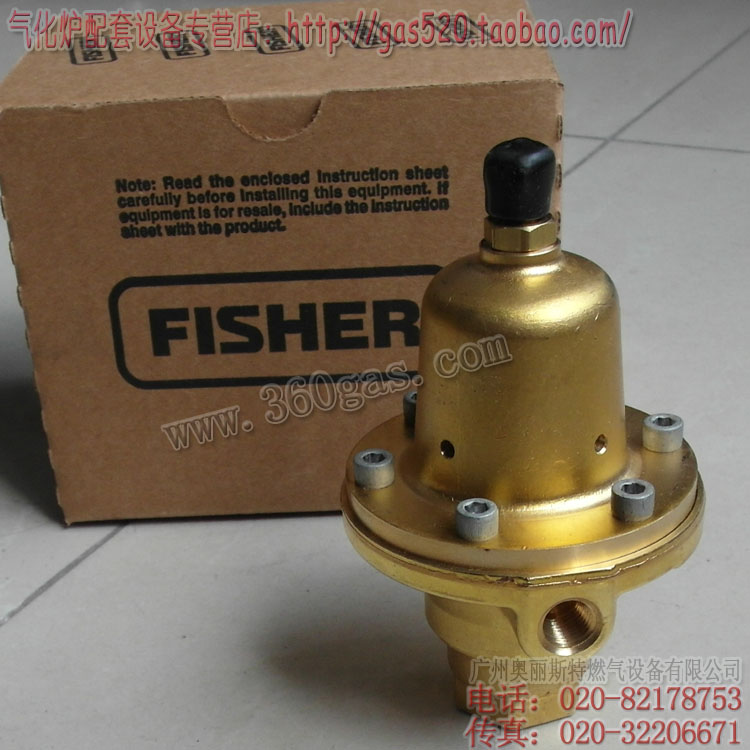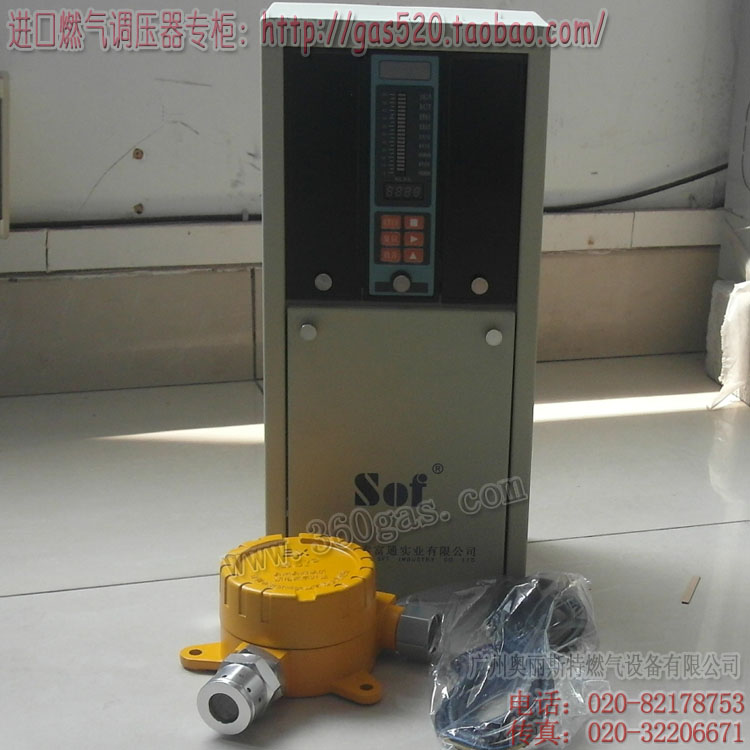位置:首页 > 燃气资讯 > Buquebus Francisco
Buquebus Francisco Wins 2014 LNG Black-Diamond Award
浏览次数 786 , 日期 2014-02-10 , 燃气设备 加入收藏
Project members of the liquefied natural gas (LNG)-fueled fast ferry, Francisco, who collectively built and operate the world’s fastest ferry, won the inaugural Black Diamond award at World LNG Fuels 2014, Jan. 21-23. Project members included Argentina-based transportation company, Buquebus, which owns and operates the Francisco; Hobart, Tasmania-based, Incat, which built the ship; GE, which supplied the two turbines that drive Wartsila pumps to propel the ship; Chart Industries, which built the fuel-delivery systems; and GNC Galileo S.A., which builds the gas liquefiers to supply LNG fuel.
“Regulations on pollution will continue to tighten, which supports the use of more LNG,” Horacio Jose Martire, chief legal officer for Buquebus, told the World LNG Fuels conference in Houston. “LNG not only allows the Francisco to travel faster but operate more cleanly.”
The 99-meter high-speed catamaran, which can transport up to 1,000 passengers and 150 autos between Montevideo, Uruguay, and Buenos Aires, Argentina, set a world speed record last August when it sailed 58.1 knots (67 miles/hour or 108 km/hour). On a typical 3-hour voyage, however, the ship sails at speeds between 50 and 53 knots.
The Francisco was chosen by five industry judges on four criteria: (1) technology innovation, (2) market impact, (3) project execution and (4) risk overcome. Other finalists included UPS’ U.S. LNG-fueled truck fleet rollout, CN Railway’s LNG-fueled locomotives, Omya’s LNG-fueled Vermont mine, Noble Energy’s Keota, Colo. oilfield project.
“Regulations on pollution will continue to tighten, which supports the use of more LNG,” Horacio Jose Martire, chief legal officer for Buquebus, told the World LNG Fuels conference in Houston. “LNG not only allows the Francisco to travel faster but operate more cleanly.”
The 99-meter high-speed catamaran, which can transport up to 1,000 passengers and 150 autos between Montevideo, Uruguay, and Buenos Aires, Argentina, set a world speed record last August when it sailed 58.1 knots (67 miles/hour or 108 km/hour). On a typical 3-hour voyage, however, the ship sails at speeds between 50 and 53 knots.
The Francisco was chosen by five industry judges on four criteria: (1) technology innovation, (2) market impact, (3) project execution and (4) risk overcome. Other finalists included UPS’ U.S. LNG-fueled truck fleet rollout, CN Railway’s LNG-fueled locomotives, Omya’s LNG-fueled Vermont mine, Noble Energy’s Keota, Colo. oilfield project.








